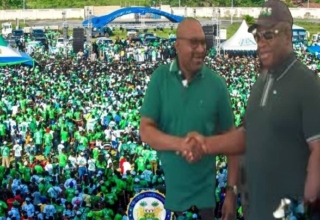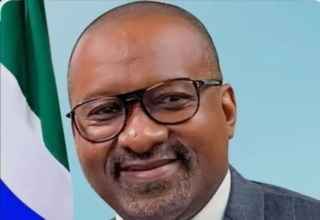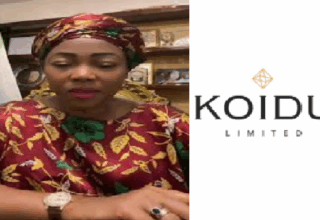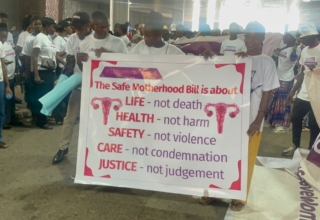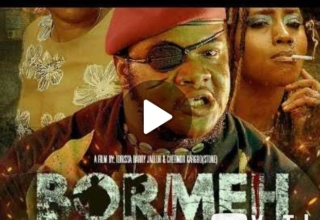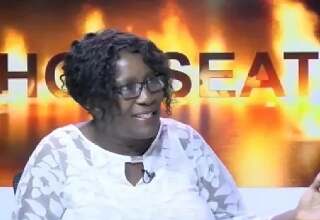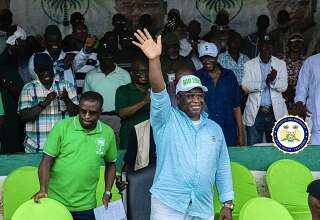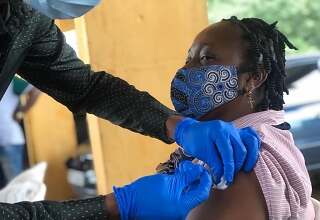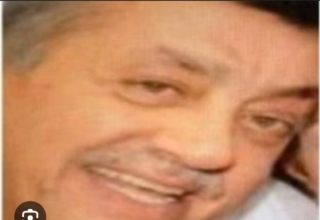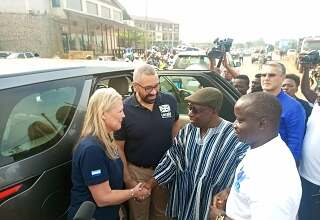In a country where political loyalty can shape daily life and define safety, Mohamed Fatorma Koroma, a 19-year-old from Kenema, fled Sierra Leone in April 2023, just two months before the June 24th elections, after experiencing severe threats and violence linked to his political beliefs.
Koroma, born in Kenema—a traditional stronghold of the ruling Sierra Leone People’s Party (SLPP)—grew up in an environment where party affiliations often dictated one’s security.
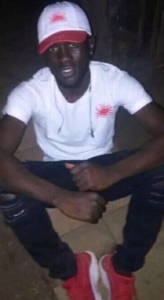
Although his parents hailed from the northern region, an area largely supportive of the All People’s Congress (APC), Koroma maintained an unwavering loyalty to the APC, actively campaigning against President Bio and what he saw as the government’s oppressive tactics and economic failure.
As Koroma and other young APC supporters voiced their opposition, tensions escalated. Sources indicate that he endured multiple attacks from alleged SLPP supporters, the first of which happened as he campaigned openly, denouncing issues he perceived as government failures. “They beat him, leaving visible injuries and warning him that this was just the beginning,” recounts a close friend who witnessed the event.
Following another severe attack, he narrowly escaped a fatal incident only after a friend intervened, pleading for his safety. “Even the police offered no real protection,” one of Koroma’s siblings later remarked, disappointed with the security forces he once trusted.
The sibling who prefers anonymity said the hostility Koroma encountered points to a larger trend of election-related violence that has long marred Sierra Leone’s democratic process. Political strife in Sierra Leone, particularly during elections, often places young supporters against each other, transforming many into instruments of violence as tensions between rival parties escalate. Koroma’s story is symbolic of the price paid by young people caught in the crossfire of political antagonism and partisan loyalty.
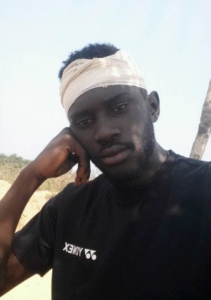
A reliable source informed this medium that with the SLPP victory anticipated, SLPP-aligned youth reportedly vowed to track down and eliminate Koroma, heightening his sense of danger. Facing life-threatening circumstances, a mentor, concerned for Koroma’s safety, arranged for his escape to neighboring Guinea in April, but safety remained elusive.
Meanwhile, Koroma’s parents went into hiding in a nearby village, fearing for their own lives as party loyalty continued to threaten family stability and safety.
With barely a month to elections, many APC supporters including several of Koroma’s fellow campaigners were reportedly detained and Koroma, now in exile. “Our country’s youth are being divided and destroyed over political battles they never chose,” a peace activist shared, voicing a sentiment many young Sierra Leoneans understand.
In Sierra Leone, where memories of civil conflict still linger, Koroma’s story sheds light on how electoral violence undermines democracy and divides communities, especially impacting the youth who bear its heaviest consequences.
Even before polling, the 2023 elections have underscored the urgency of addressing political violence to preserve Sierra Leone’s fragile peace and protect future generations from being further torn apart.

